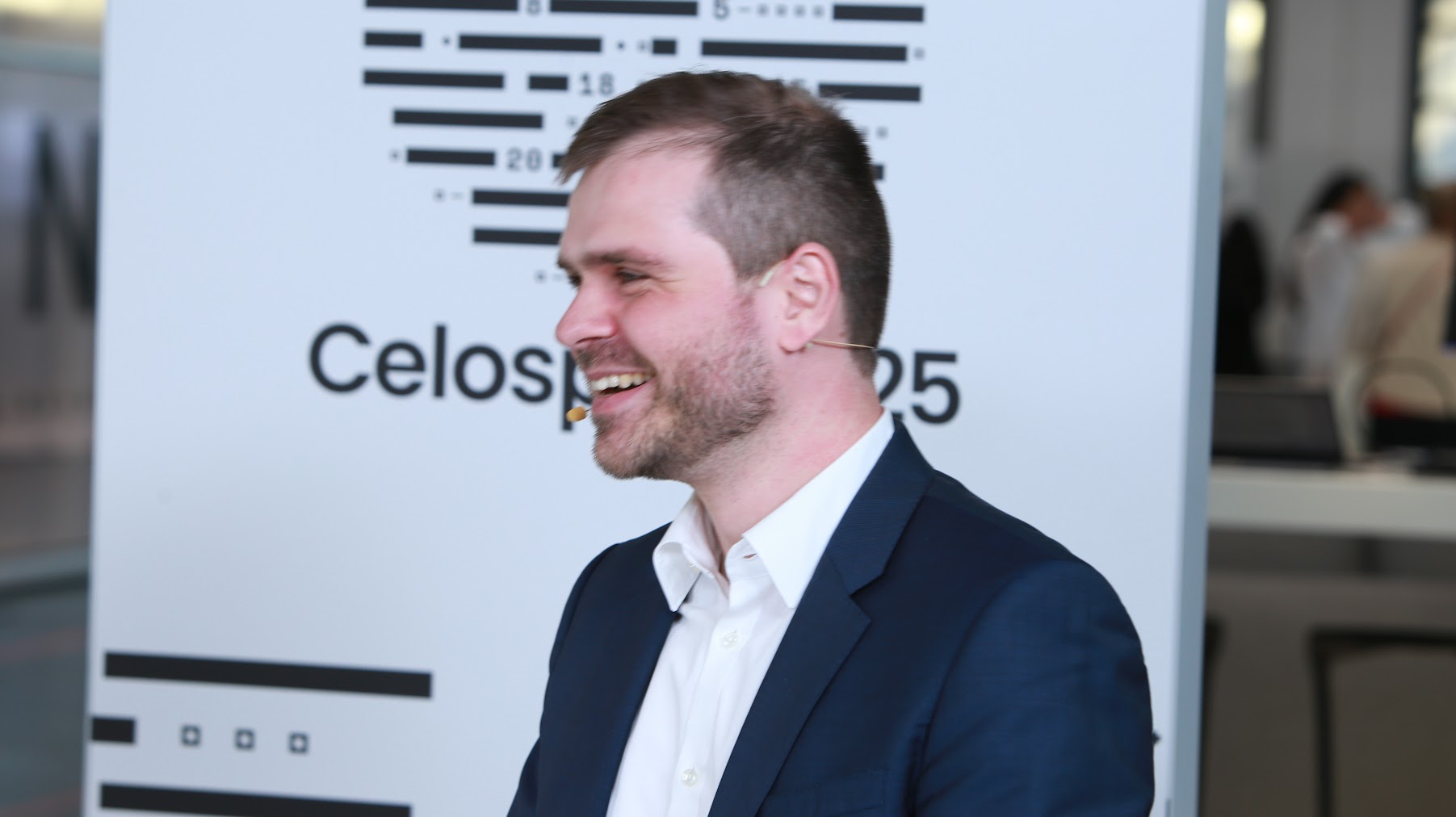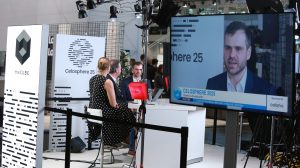 AI
AI
 AI
AI
 AI
AI
When a wave of new tariffs hit earlier this year, global supply chains were thrown into uncertainty. Companies suddenly needed visibility into their operations — and the ability to react fast — to keep goods moving and margins intact. Process intelligence quickly emerged as a critical tool for mapping risk and modeling responses.
That’s where Celonis SE stepped in. The company used its process intelligence and AI-driven automation platform to help companies reconfigure supply chains and business infrastructure in real time, turning disruption into a proving ground for agility and data-driven decision-making, according to Peter Budweiser (pictured), general manager of supply chain at Celonis.

Celonis’s Peter Budweiser discusses the use cases for process intelligence.
“The first immediate questions [customers] had were, ‘OK, when all of this is happening, how is it affecting me?’” Budweiser said. “Here we’re able to formulate a response very, very fast, because the beautiful thing about Celonis and the process intelligence graph is that we have all the data that you need to make exactly the judgment.”
Budweiser spoke with theCUBE’s Savannah Peterson and Rob Strechay at Celosphere 25, during an exclusive broadcast on theCUBE, SiliconANGLE Media’s livestreaming studio. They discussed the impact of geopolitics on Celonis’ customers and its use of agentic AI. (* Disclosure below.)
In the wake of economic upheaval, companies had to reconsider whether or not they could stay in certain markets. Celonis’ strategy focused on analyzing the global footprint of its customers’ supply chain, allowing them to mitigate the impact of geopolitical instability.
“The first level really is to build this process intelligence graph to understand how things are related and connected,” Budweiser said. “The second step … is then also to simulate these changes … then formulate the best answer.”
Automation and agentic AI have also had an impact on global supply chains. As part of its vision for an autonomous enterprise, Celonis is focused on applying agentic solutions to the white space in an organization, where two systems intersect and the handover is imperfect.
“The strategic driver behind supply chain transformation is no longer the usual cost of optimization,” Budweiser said. “It’s business strategy. It’s a CEO-level topic. Can I still perform in this new, very volatile environment? The other aspect is still cost, so that still plays a role.”
Here’s the complete video interview, part of SiliconANGLE’s and theCUBE’s coverage of Celosphere 25:
(* Disclosure: TheCUBE is a paid media partner for Celosphere 25. Neither Celonis, the sponsor of theCUBE’s event coverage, nor other sponsors have editorial control over content on theCUBE or SiliconANGLE.)
Support our mission to keep content open and free by engaging with theCUBE community. Join theCUBE’s Alumni Trust Network, where technology leaders connect, share intelligence and create opportunities.
Founded by tech visionaries John Furrier and Dave Vellante, SiliconANGLE Media has built a dynamic ecosystem of industry-leading digital media brands that reach 15+ million elite tech professionals. Our new proprietary theCUBE AI Video Cloud is breaking ground in audience interaction, leveraging theCUBEai.com neural network to help technology companies make data-driven decisions and stay at the forefront of industry conversations.